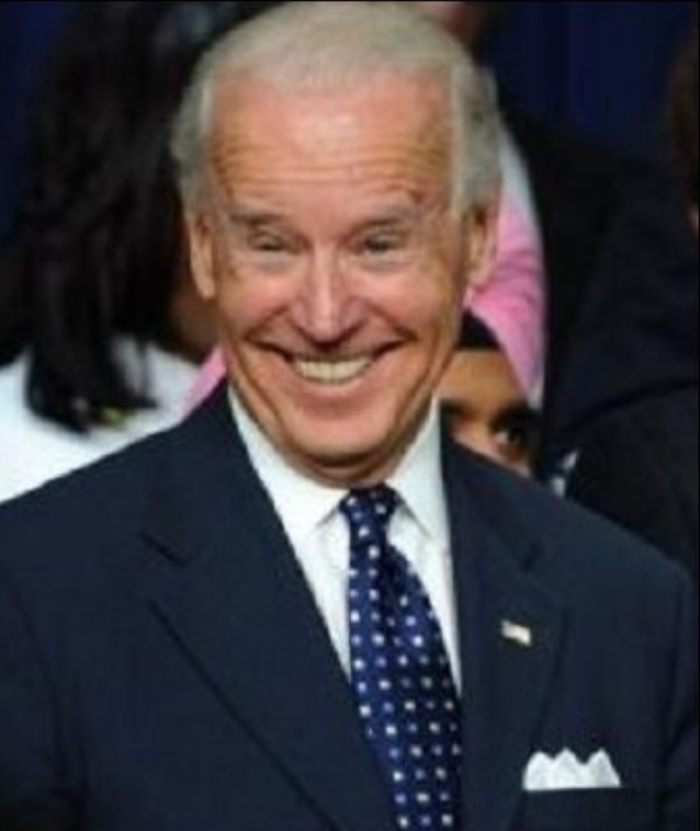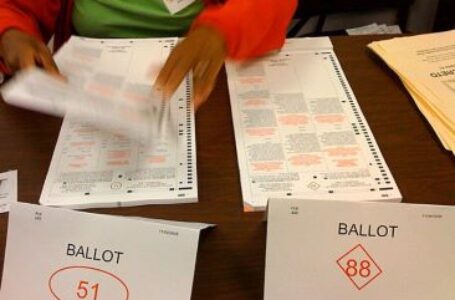Biden Plan to Cap Russian Oil Prices Could Seriously Backfire, Which Means It’s Likely to Happen

NO COUNTRY TRUSTS THE BOLD FACED LIAR!
| Sundance |
The G7 plan to create another economic sanction against Russia by capping the price anyone could pay for Russian oil has a serious downside. If Russia slows down the export of oil, global oil prices will jump dramatically. That policy outcome would mean a massive increase in the price of gasoline for U.S. consumers.
 Because the consequences are horrible, that’s precisely the reason Joe Biden might push to have the Russian price cap. Every policy Joe Biden has historically supported, has been the exact opposite of what should have been done. Biden has a profound and innate ability to screw up anything.
Because the consequences are horrible, that’s precisely the reason Joe Biden might push to have the Russian price cap. Every policy Joe Biden has historically supported, has been the exact opposite of what should have been done. Biden has a profound and innate ability to screw up anything.
[Bloomberg] – Global oil prices could reach a “stratospheric” $380 a barrel if US and European penalties prompt Russia to inflict retaliatory crude-output cuts, JPMorgan Chase & Co. analysts warned.
The Group of Seven nations are hammering out a complicated mechanism to cap the price fetched by Russian oil in a bid to tighten the screws on Vladimir Putin’s war machine in Ukraine. But given Moscow’s robust fiscal position, the nation can afford to slash daily crude production by 5 million barrels without excessively damaging the economy, JPMorgan analysts including Natasha Kaneva wrote in a note to clients.
For much of the rest of the world, however, the results could be disastrous. A 3 million-barrel cut to daily supplies would push benchmark London crude prices to $190, while the worst-case scenario of 5 million could mean “stratospheric” $380 crude, the analysts wrote.
Fed Chair Ignores Impact of Build Back Better Energy Policy on Supply Side of Inflation
Much has been made of comments by Federal Reserve Chairman Jerome Powell in his brief explanation of what the Fed got wrong. Last week Powell made comments during a European Central Bank forum on bank policy, implying the absence of unvaccinated workers returning to the labor force is part of the US inflation problem.
Powell’s comments seem to align with the government vaccine mandate position which ignored the rights of the worker. Considering the responsibility of the Fed to anticipate price and labor issues, Powell’s sense of credulity toward those workers who dropped out of the labor force rather than inject an untested vaccine into their body is quite remarkable. Inartful and arrogant are soft terms for his commentary.
However, there’s a bigger “tell” in the segment of what the Fed got wrong, when you listen to Powell talk about the supply side issues and how the Fed Reserve had no model to predict the mandated lockdowns, economic activity stoppages and consequences. Notice how Powell completely dismisses the structural energy policy, the Build Back Better agenda, that lies at the heart of the current supply side inflation issue. Video Prompted to 01:03:34, WATCH:
.
Throughout the discussion the primary focus to control inflation is reliant on a demand side cause. The goal to reduce demand is seen as a way to mitigate and reduce inflation. Thus, this worldview, as mistaken as it was/is, explains the justification for why the Fed waited to increase interest rates. They never saw the radical energy policy as a structural driver of supply side inflation.
According to Powell, they thought the supply side issues would moderate quickly, without giving any consideration at all to how a radically new energy policy would embed. He just ignores the issue completely; again, pretending not to know. But perhaps it’s actually worse. Perhaps he really doesn’t see a radical new energy policy as a driving force behind current inflation. If that’s true, and he genuinely does not see it, then Fed policy in the future is going to make the recession much worse.
If you ignore massive energy price impacts, the FED will keep interest rates high despite demand dropping, and then eventually get to a place where demand has dropped so low the recession is deep, while turning toward each other and asking why are prices still so high?
Keep that disconnect in mind.















